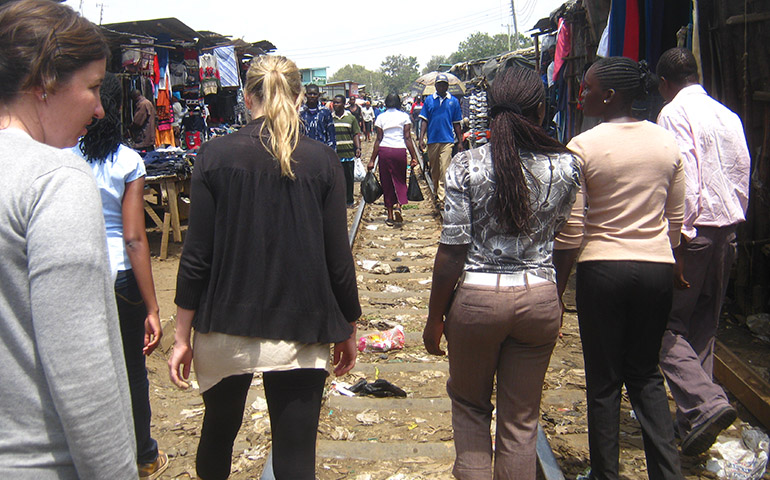Carolina for Kibera, or CFK, fights abject poverty and promotes youth leadership and ethnic and gender cooperation in East Africa’s largest slum. In partnership with the US Centers for Disease Control, CFK ran the Tabitha Clinic, a three-story facility in the heart of Kibera.
Aligning marketing, pricing, and delivery with patient preferences. Although over 40,000 patients were seen in 2010, CFK’s leaders wondered if clinic utilization could be doubled. By shadowing staff and patients at the clinic and carrying out in-person surveys with the help of local peer youth educators in 75 households across six villages in Kibera, the 2011 MIT student team identified key factors in local health care decisions and values. Students developed materials to address four requirements for increasing utilization: awareness, pricing, patient equality, and range of services. Their deliverables included a pamphlet design, a template for flyers advertising monthly health forums, and a work-in-progress pricing model. Within a year, CFK had used the materials to increase services and refine it pricing approach.

